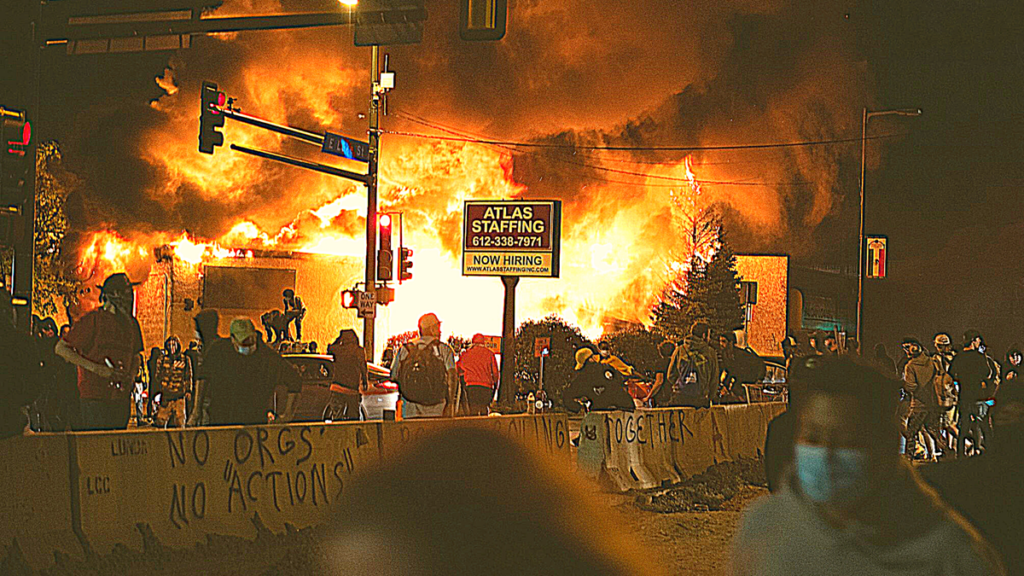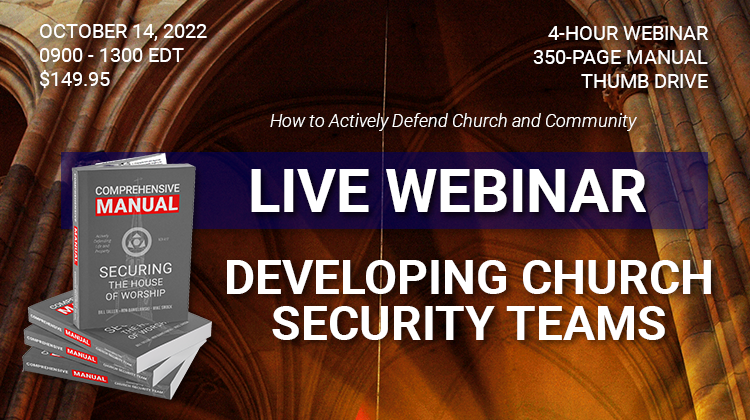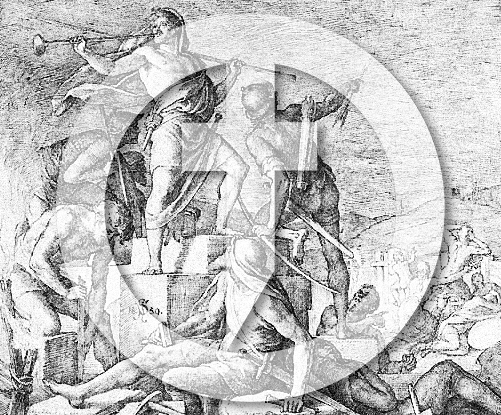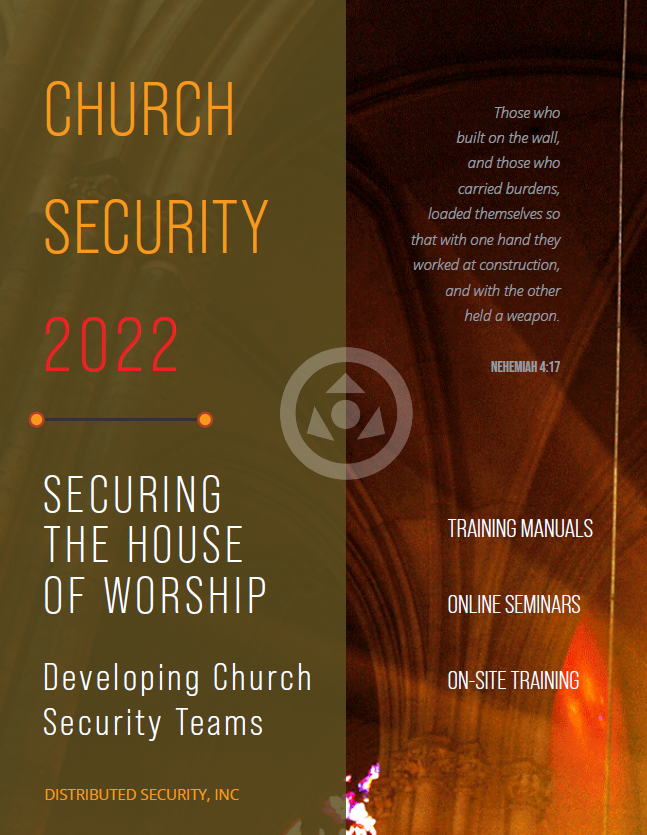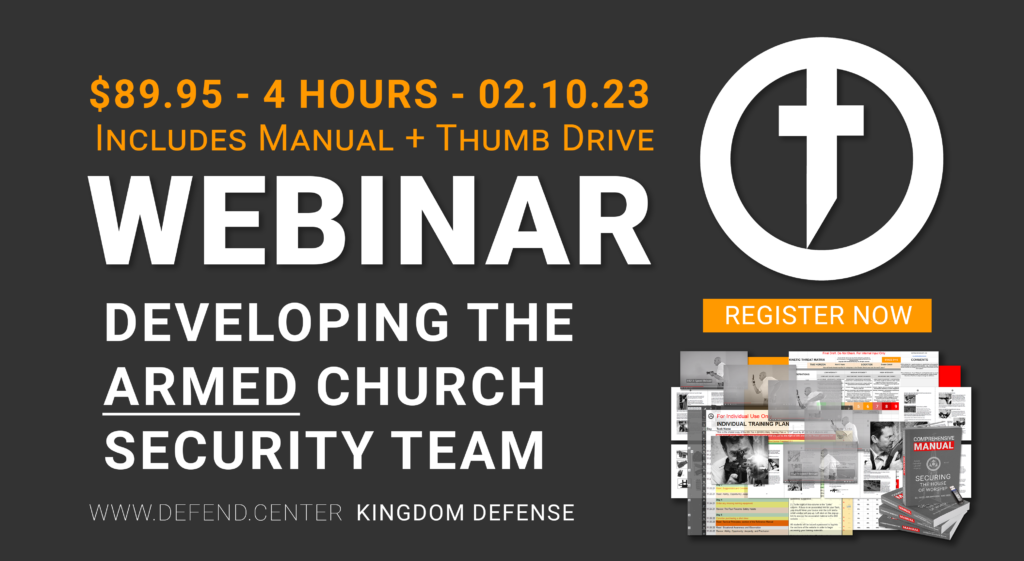R.C. Sproul – Use of the Sword
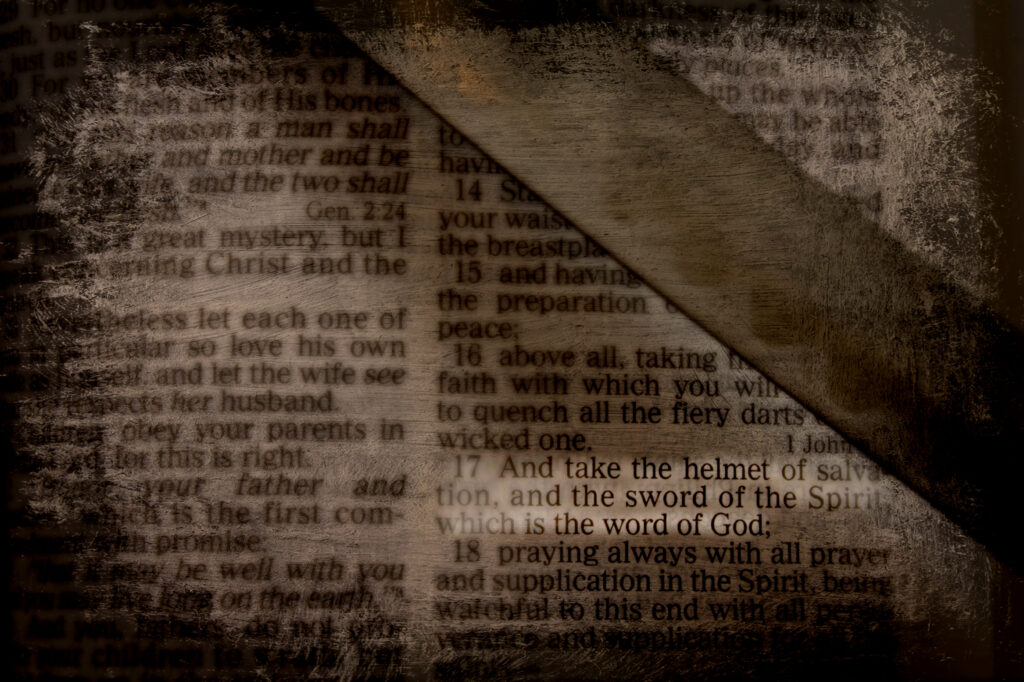
Use of the sword
For he is God’s servant to do you good. But if you do wrong, be afraid, for he does not bear the sword for nothing. He is God’s servant, an agent of wrath to bring punishment on the wrongdoer (verse 4). The power of the sword is the exercise of force by government which is given to it by God. Paul, in the next breath, says the ruler is the servant of God. Of course, force is to be used only for righteousness, but that force is a legitimate dimension of ruling authority which this servant of God is given. The church has not been given the power of the sword, but the state has been given this authority.
Problem of war
Several theories concerning the Christian involvement in war have been postulated throughout church history and the debate continues even to our day.
There are those who take a pacifist position which says that under no circumstances is a Christian ever allowed to bear arms, and it is the duty of the Christian always to remain a conscientious objector, to refuse to participate in warfare.
The second position is one which we hear, sadly, from time to time: ‘My country right or wrong, my country.’ There are Christians who believe that any time a nation enters into war and conscripts its own citizens, it is the duty of the Christian to serve his civil government in whatever warfare it is engaged in. There were Christians in Germany who appealed to that principle of civil obedience to the magistrate, to justify their involvement in the Holocaust.
The third view, which I believe to be the biblical view, is what is called the ‘just war’ theory. The basic principle of this theory is that all wars are evil, but not everyone’s involvement in war is evil. It presupposes that in warfare, which is a dreadful thing, there are aggressors and there are innocent victims. There are those who take the offence, and those who are on the defence. The just war theory says that it is unjust for someone to wage war aggressively by attacking other nations’ borders and subjecting them to murder on a grand scale. And so the theory sees a war of aggression as a violation of the prohibition against murder. If an individual wilfully and with malice aforethought kills another individual, we call that murder and all of the negative sanctions of Scripture are called into play there. Well, if a nation, as a group, imposes murder on another group from another nation, that is equally murder and the sanctions of murder apply.
But the question arises, Does the civil magistrate, within the geographical boundaries of his own domain, have the right or the responsibility to use force to resist an aggressor and to protect his own people from being victims to hostile and aggressive acts? Again, if we look at an individual level we ask, Does the policeman have the right to use force to stop a murderer from committing his act of murder against a private citizen? And generally the answer to that question is yes. Again, by way of analogy, warfare in a defensive posture is then seen as self-defence or protection on a grand scale. The just war theory says that it is perfectly just for the government of a nation to wage defensive war.
But what is the Christian’s responsibility herein? He is to remember the principles we have learned already from this section of Scripture: (1) that it is his duty to be as submissive to the government as he possibly can without violating the laws of God; (2) that the government does have a God-given right to bear the sword, and not only a right to bear the sword but a responsibility to bear the sword, because one of the primary tasks of government is to preserve, maintain, defend and promote life. If these principles are sound, then it would seem clear that the Christian’s responsibility is to obey and to serve. Therefore the just war theory advocates that Christians who are called to serve in the armed forces in a righteous cause have a moral obligation to serve. They are not exempt from participation in a just action perpetrated by the state.
What happens if the state is itself the aggressor, and is involved in an unjust, unjustifiable act of warfare? If the state calls me to help it commit murder on a grand scale then, as a Christian, it is my duty to refuse to serve, no matter what the consequences may be.
Notice that in verse 4, the use of the sword is not only for restraint, but also as an instrument of vengeance. The civil magistrate, who holds an office that is enforced by instruments of violence, carries out a task of vengeance. This raises another difficult question with respect to biblical teaching because the Bible says clearly, ‘Vengeance is mine, saith the Lord, I will repay.’ Christians are clearly prohibited from being private, personal agents of revenge.
But God, who has the right to vengeance, also has the right to delegate instruments of vengeance. This is precisely what we learn in this verse, that God delegates to the civil magistrate a certain measure of vengeance, making the civil magistrate a minister of vengeance on God’s behalf. So it is within the province of the civil magistrate to seek retributive justice. It is within the province of the state to punish the evil doer.
R. C. Sproul, The Gospel of God: An Exposition of Romans (Great Britain: Christian Focus Publications, 1994), 216–218.

